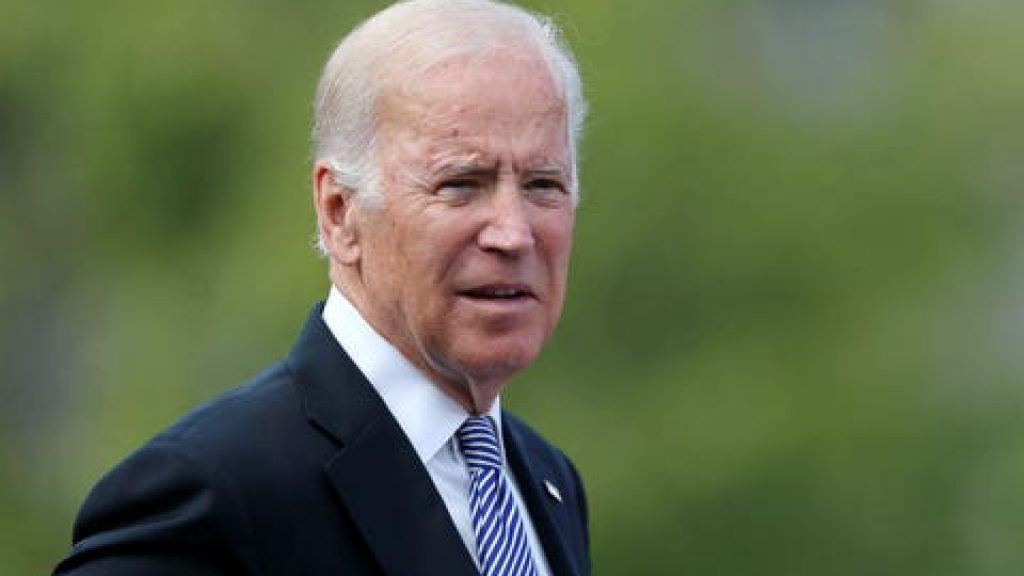Calling the War in Yemen a “humanitarian and strategic catastrophe”, Joe Biden ordered an end to arms sales and other support to Saudi Arabia.
”This war has to end,” Biden told his diplomats in his first visit to the State Department as the President, PA reported.
The war between the Yemeni government and the Houthi rebels began in 2014. It escalated in 2015 when Saudi Arabia and eight other Arab countries, backed by the US, UK and France, began air strikes against the Houthis. The six-year war is believed to have killed more than 110,000 people and has left millions of Yemenis in starvation.
The United Nations said Yemen is the world’s worst humanitarian crisis, with 80% of the population in need of aid or protection.
Biden’s decision came after Donald Trump – and some administrations before him – often helped authoritarian leaders abroad in the name of stability at home. Trump rejected calls to restrict the arms support for Saudi Arabia, arguing that American arms sales “create hundreds of thousands of jobs” in the US.
Birkbeck University’s specialist in contemporary US politics, Professor Rob Singh, says that Biden’s decision “would potentially have some knock-off effects on the US domestic job market”. But he emphasises that “it really depends on what the US does – especially what happens with the defense budget – whether they are going to cut it or not, as there is a lot of pressure from Democrats to do that”.
This should not come as a surprise for the Saudi officials. Biden promised to stop selling arms to them during his presidential campaign. The new administration has also announced to pause the sale of $478 million in precision-guided munitions to Saudi Arabia and a review of American arms sales to the United Arab Emirates.
Saudi Arabia has yet to make an official response to Biden’s announcement.

